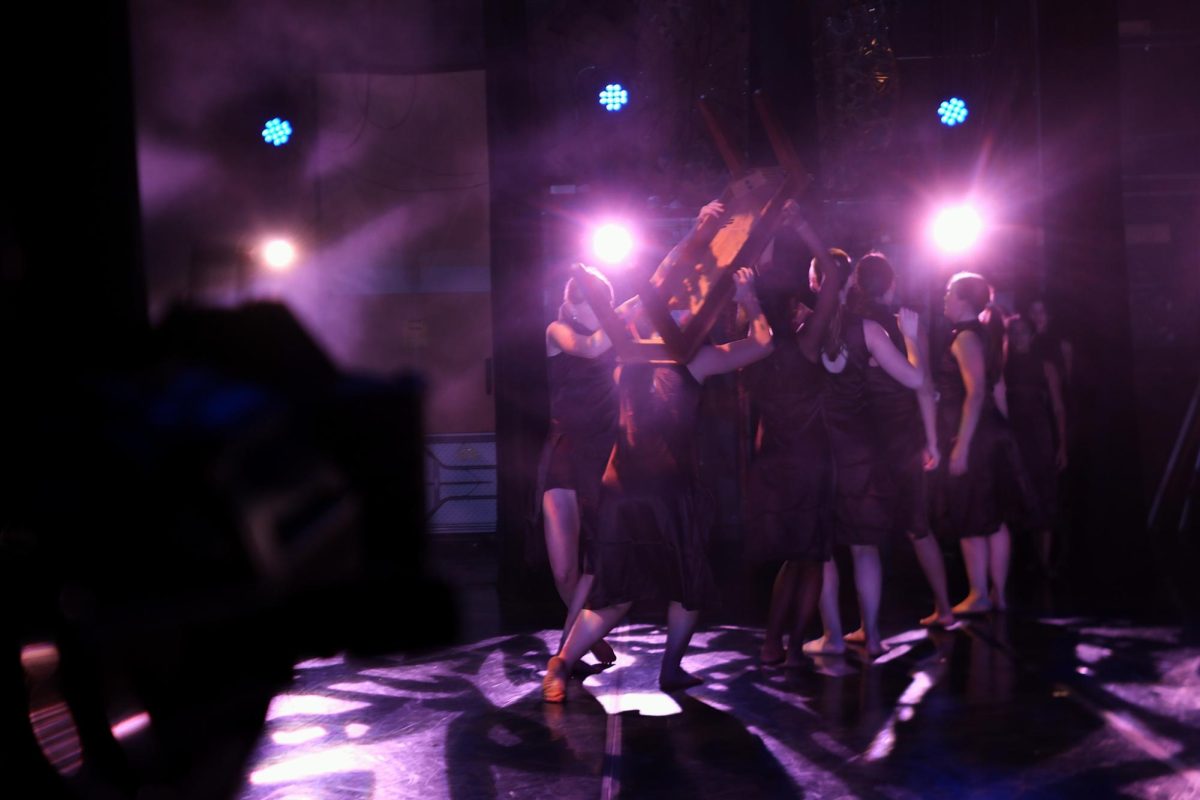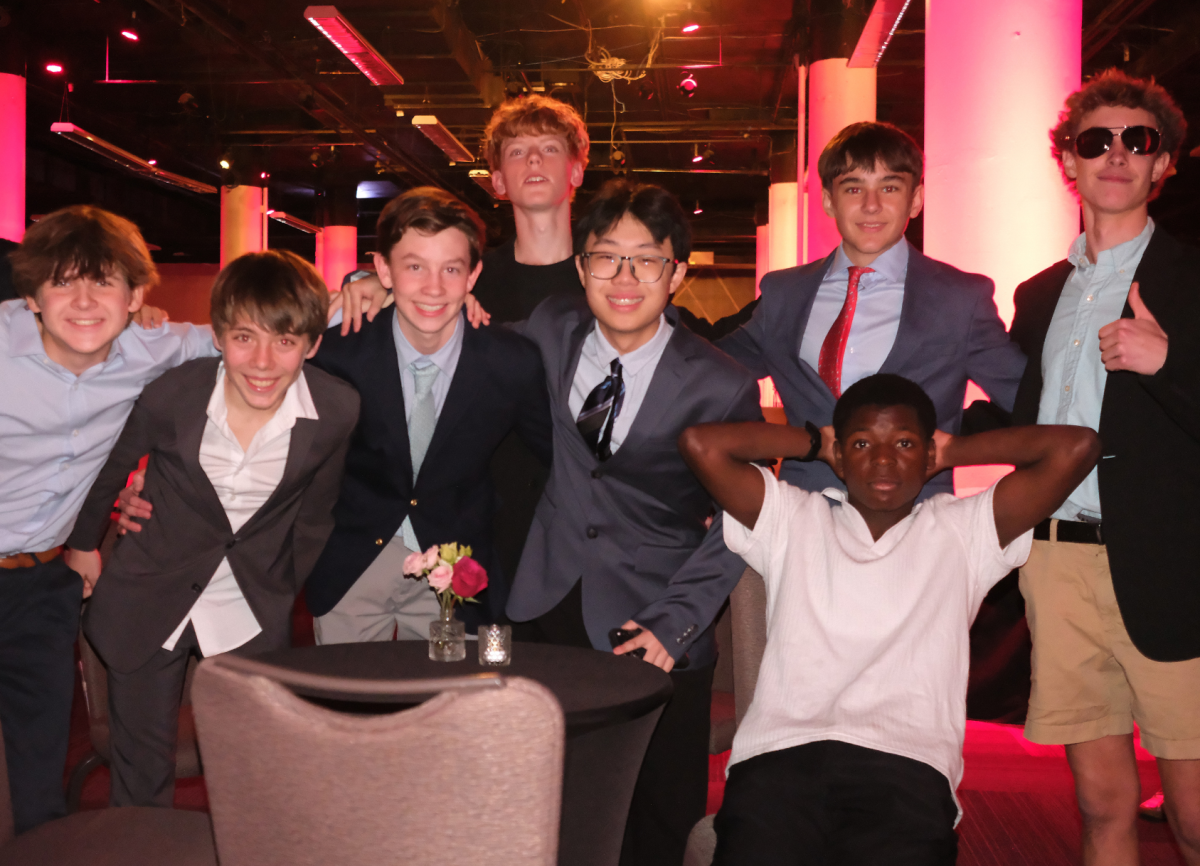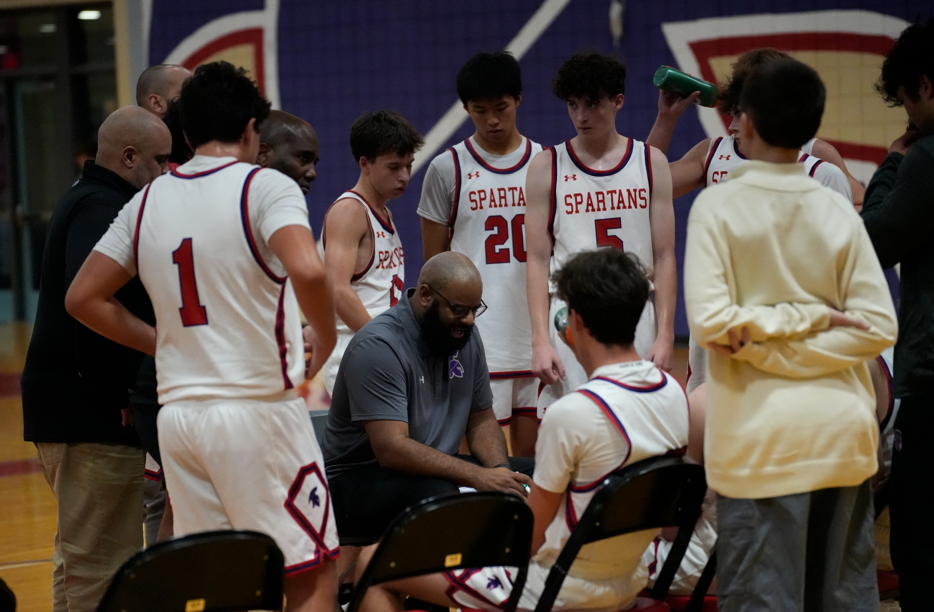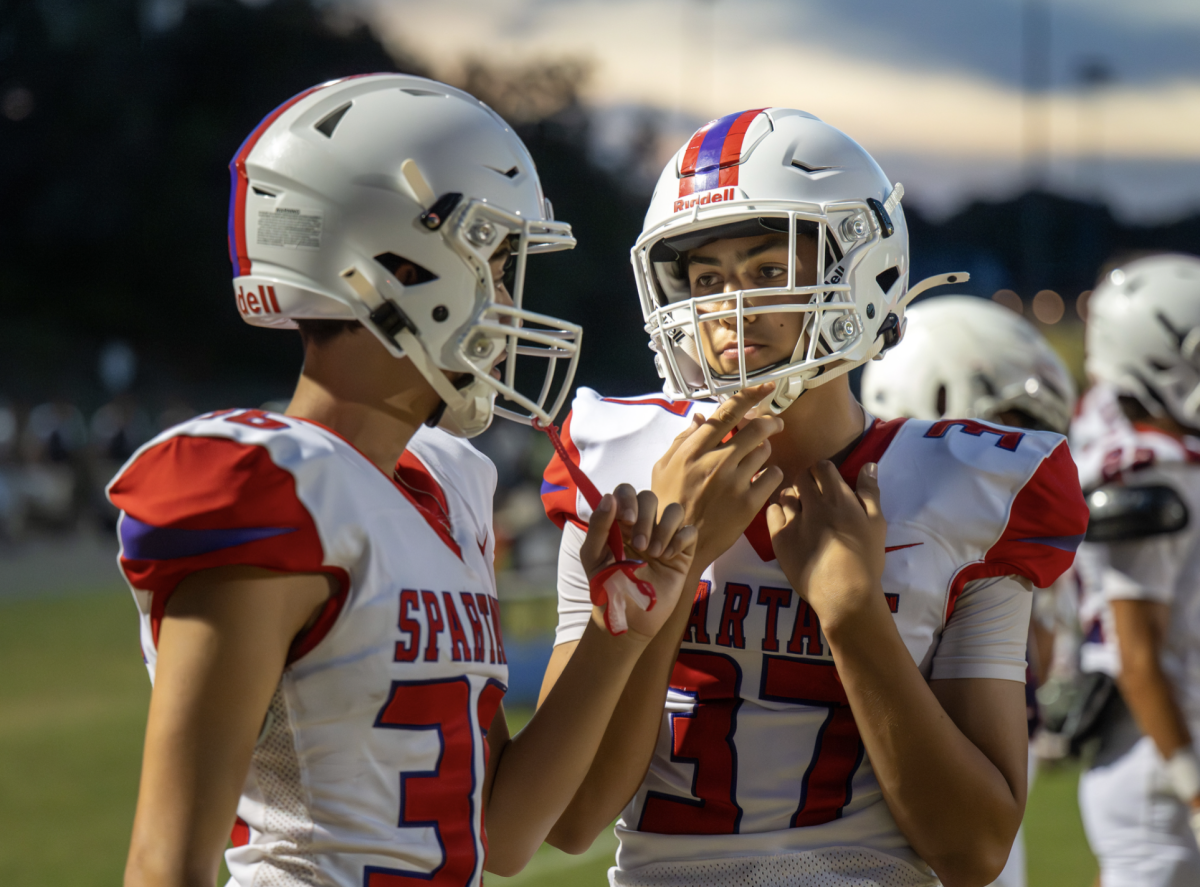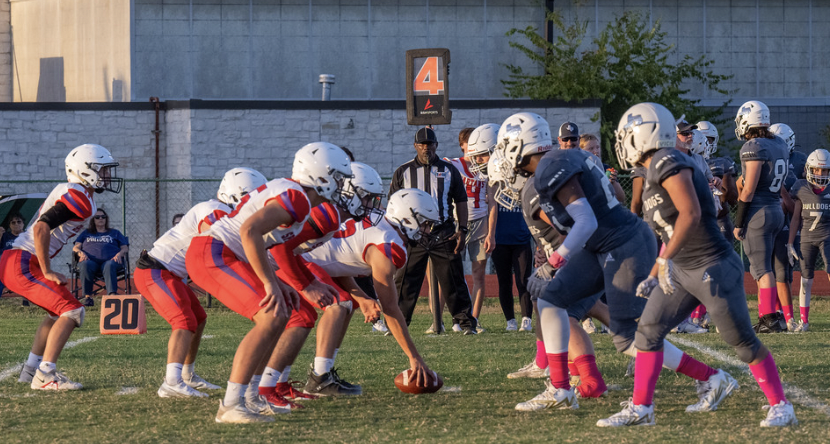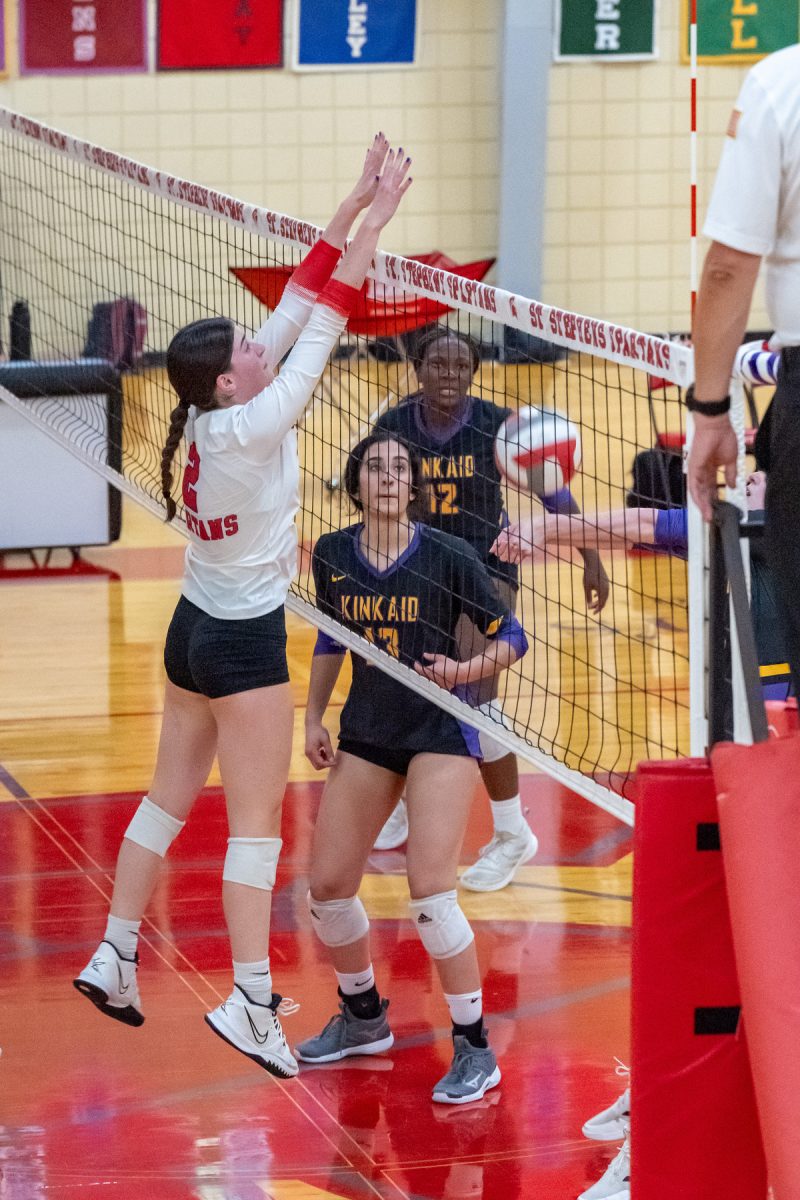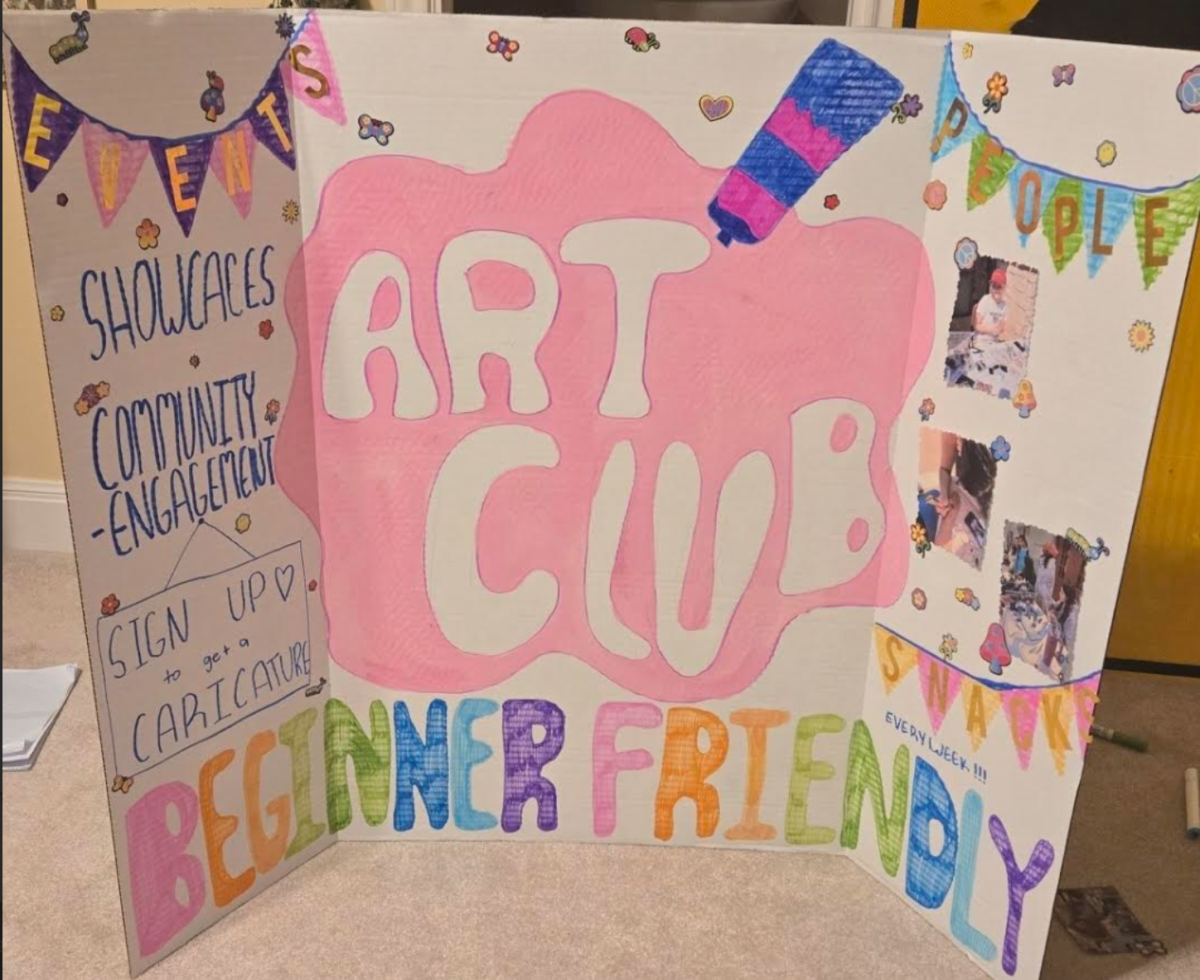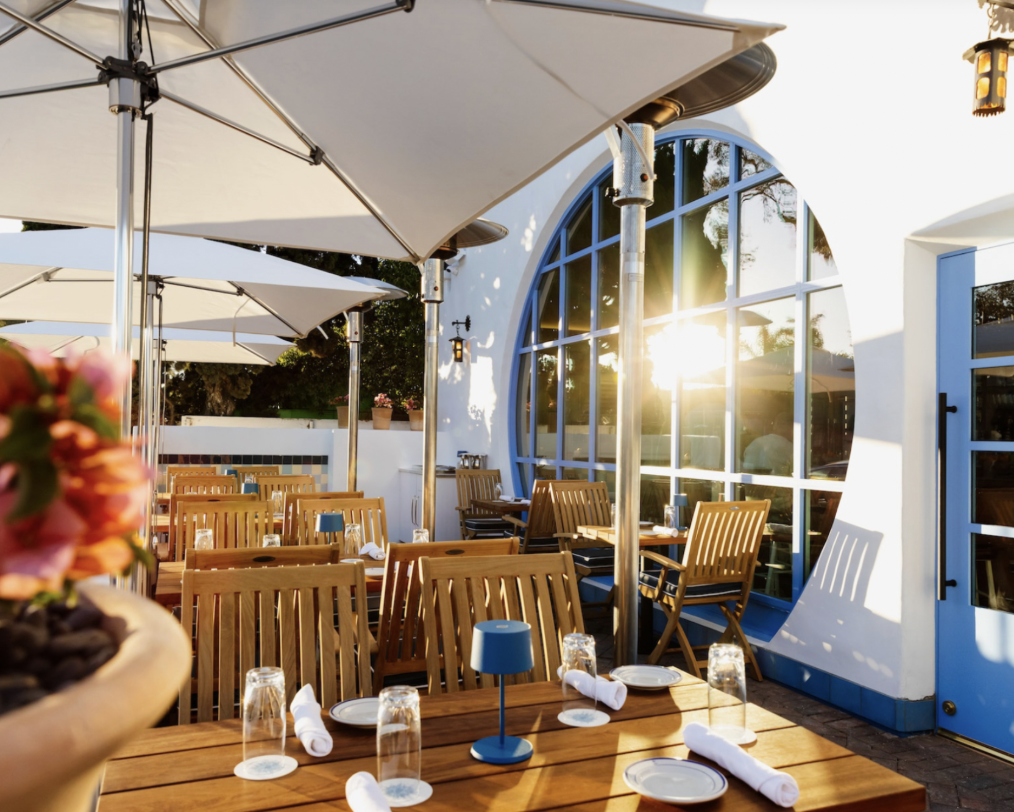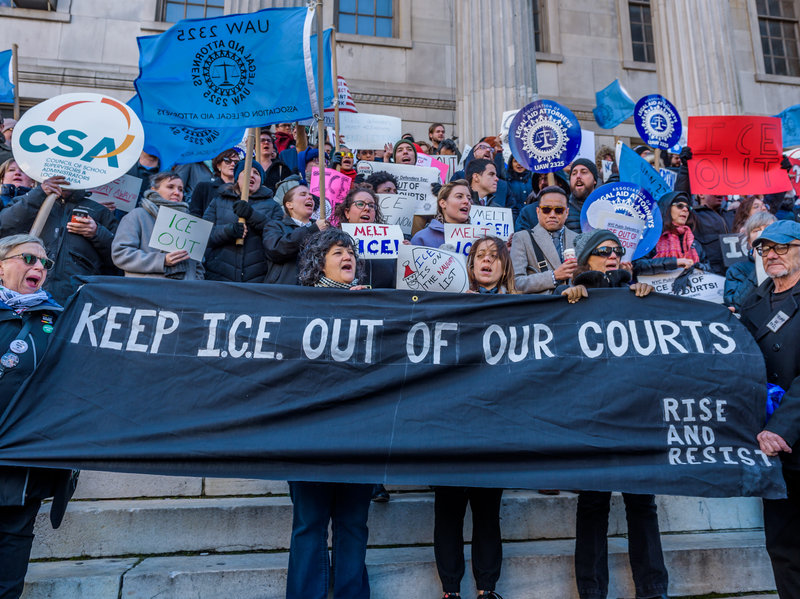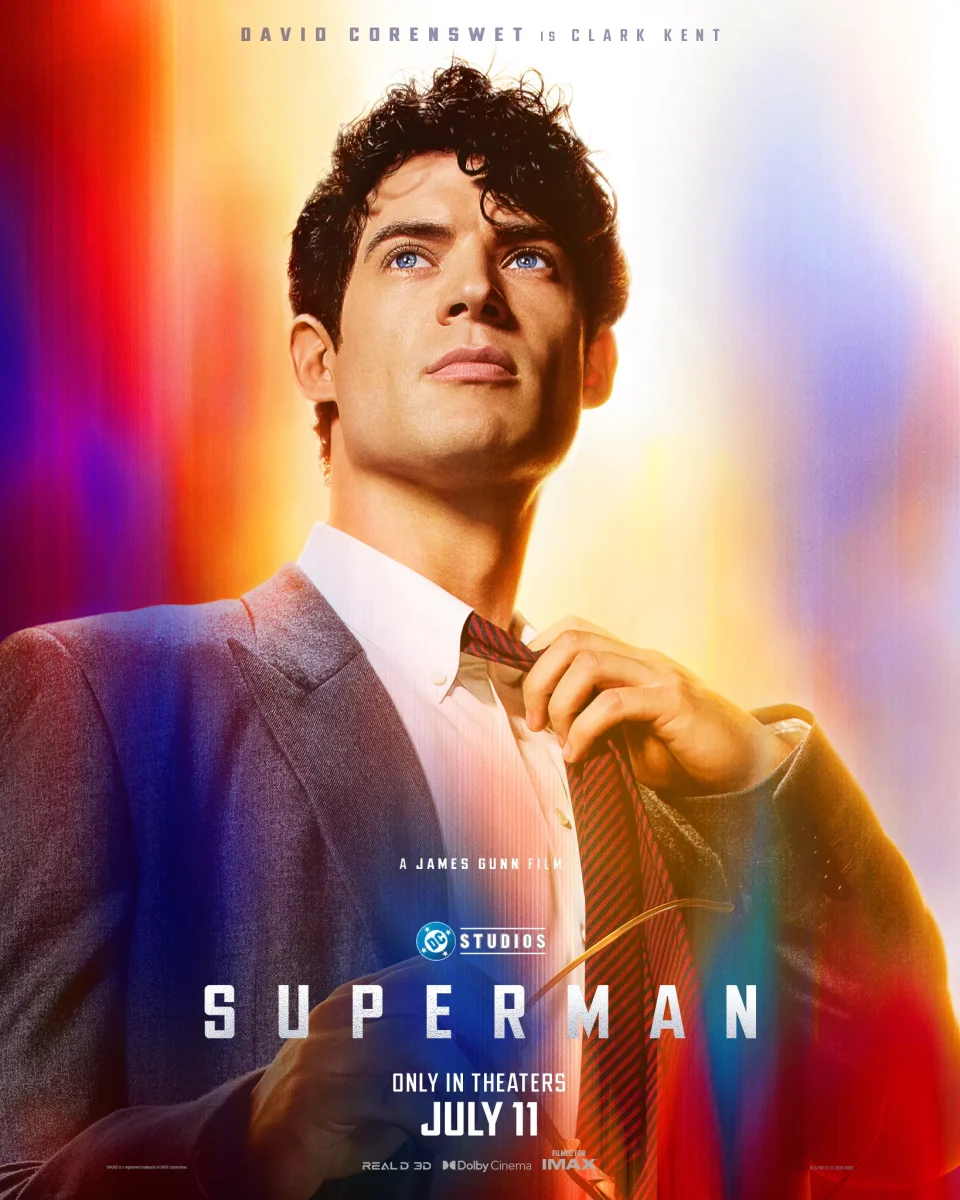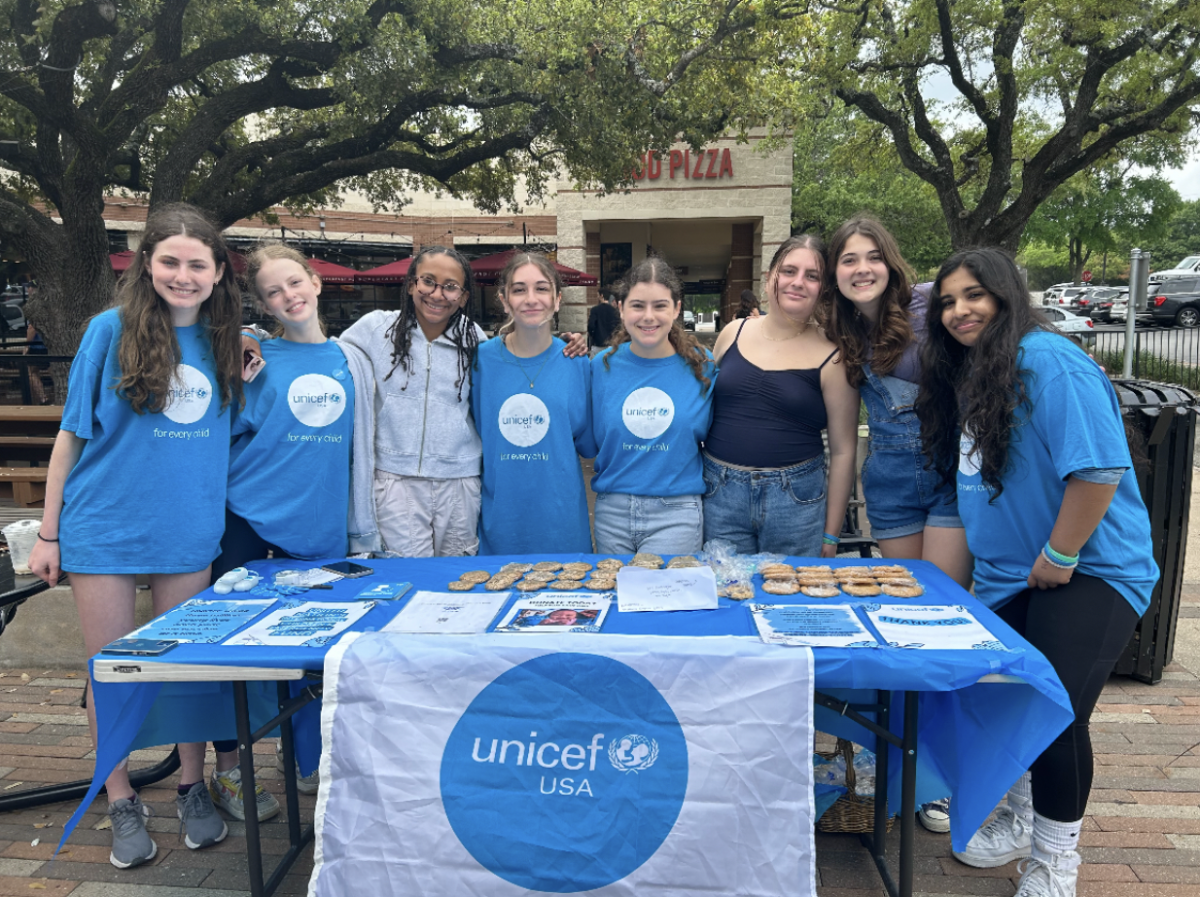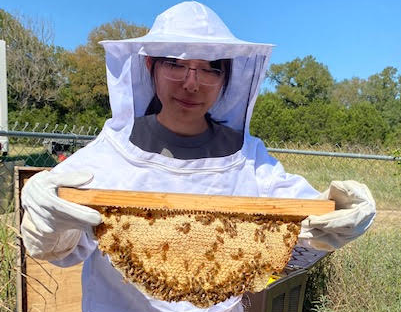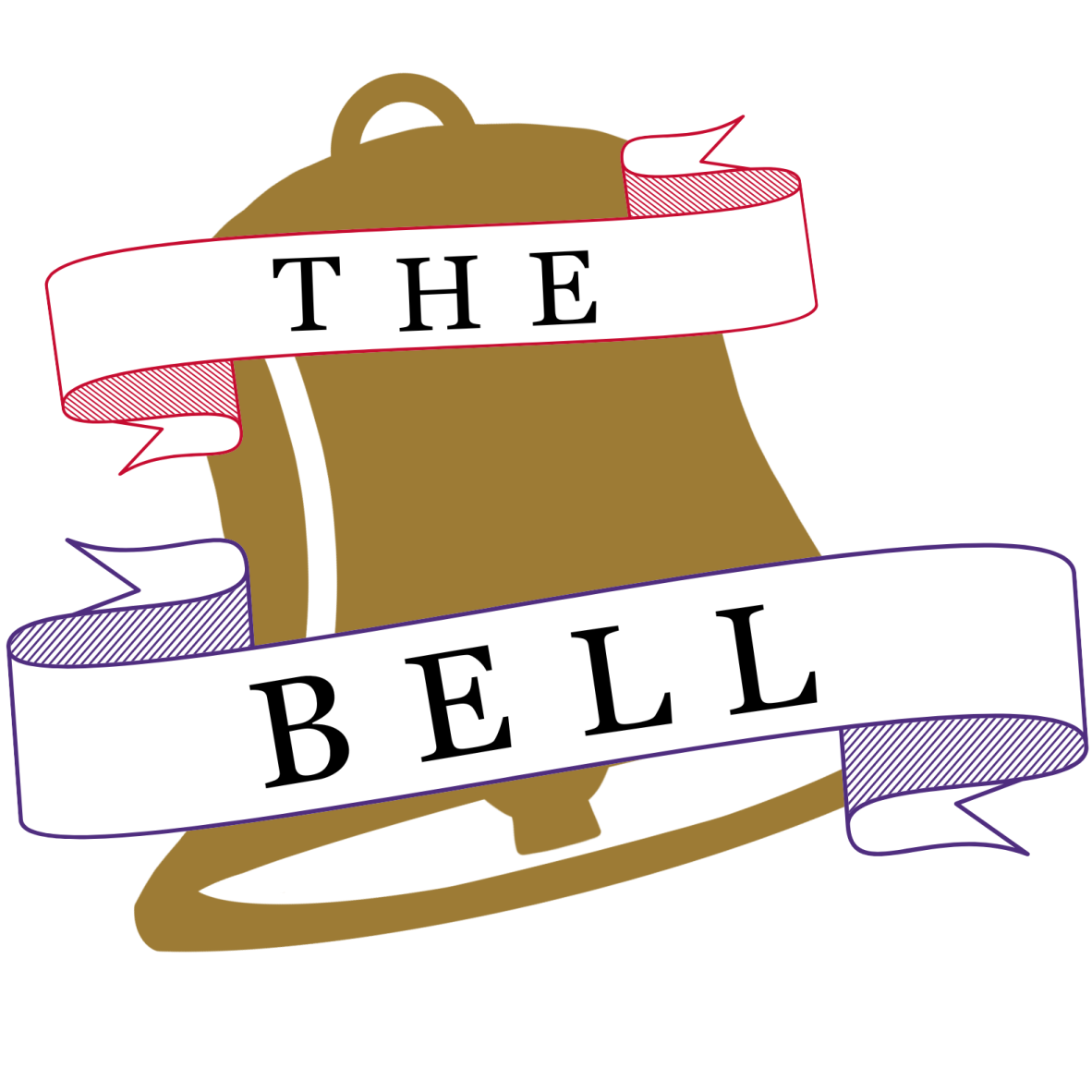Although it may appear dated, the beauty of Our Town is its timelessness—which is perhaps why it’s estimated to be performed at least once a night somewhere in the world. Through the lens of a small town called Grover’s Corners, it explores the complexity and nuance of life, death, and everything in between. The play follows two families, the Gibbses and the Webbs, as George Gibbs and Emily Webb progress from schoolchildren to adolescents to a married couple and beyond. Alongside them, a bevy of town residents work through troubles and ambitions of their own. It has been called “the greatest American play ever written.”
In fact, Our Town was revived on Broadway this October in a production directed by Tony award winner Kenny Leon and featuring an all-star cast. In its review, the New York Times acknowledged the play’s “titanic” nature—calling it “brutal” and “beyond time”—and commended its immortality.
Wilder famously described Our Town as a play about “the lives of a village against the life of the stars.” The play makes numerous references to the stars, often as a reminder (though not always a comfort) that they are eternal, while our lives are decidedly not. Wilder hoped Our Town itself would be eternal—and he succeeded. As director Mr. Dolan says, “the themes of the play are universal.”
Our Town, while it covers a diverse array of human struggles, is notoriously simplistic in both dialogue and staging. In 1938, audiences were shocked by the lack of spectacle and by the actors’ breaking of the “fourth wall,” where they often spoke directly to the audience or acknowledged they were in a play. Wilder experimented with dramatic plot structure, alternating between scenes of past and present, and largely removed props and set pieces from the production.

In deciding to stage Our Town this season, Mr. Dolan draws inspiration from the radicalizing effect it first had on audiences: “I hoped to reinvigorate how modern the play was when it was first staged… that goal has driven our design choices.” In our version, limited costume variation, minimal set, and visible inner workings make Wilder’s classic text and our actors’ delivery its focus. Mr. Dolan aims to honor the “simple story and simple language,” and through it, convey a “powerful emotional impact.” Those of you who caught Clue should be prepared for an entirely different kind of show!
Throughout the rehearsal process, we paid special attention to the play’s prose and the small-scale but emotionally elevated circumstances of each scene. Eager to explore more dramatic work (having staged mainly comedies in previous seasons), we found ourselves surprisingly reflected in the characters’ triumphs and tragedies. “It’s beautiful poetry,” Mr. Dolan marvels. “In the past few years, both my wife and I lost our parents in quick succession, so the idea of living fully each day really resonates with me… I can’t imagine a text that conveys this as powerfully as Our Town.”
We hope our production has a similar effect on you, our audience, especially in a world as turbulent and polarized as ours; we hope it will serve, in Mr. Dolan’s words, as “a reminder of the humanity we all share.” His wish for the audience: “I hope they feel a little more alive at the end of the play, and perhaps a little more in love with their own life and those around them.”
Come see Our Town this Friday at 7:30, Saturday at 2:30 and 7:30, and Sunday at 4. Our Orange cast performs Friday evening and Saturday afternoon, and our Blue cast performs Saturday evening and Sunday afternoon.

